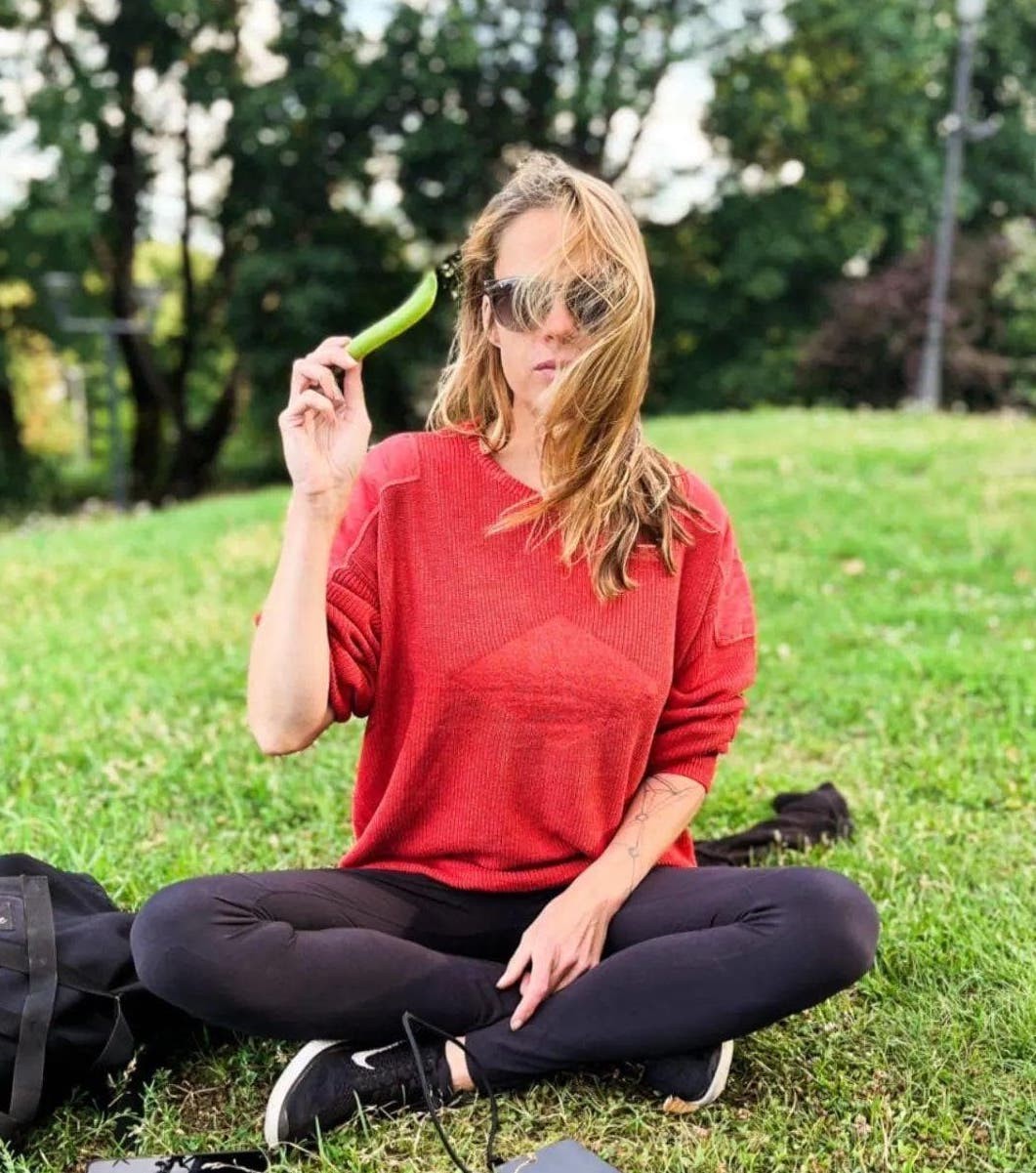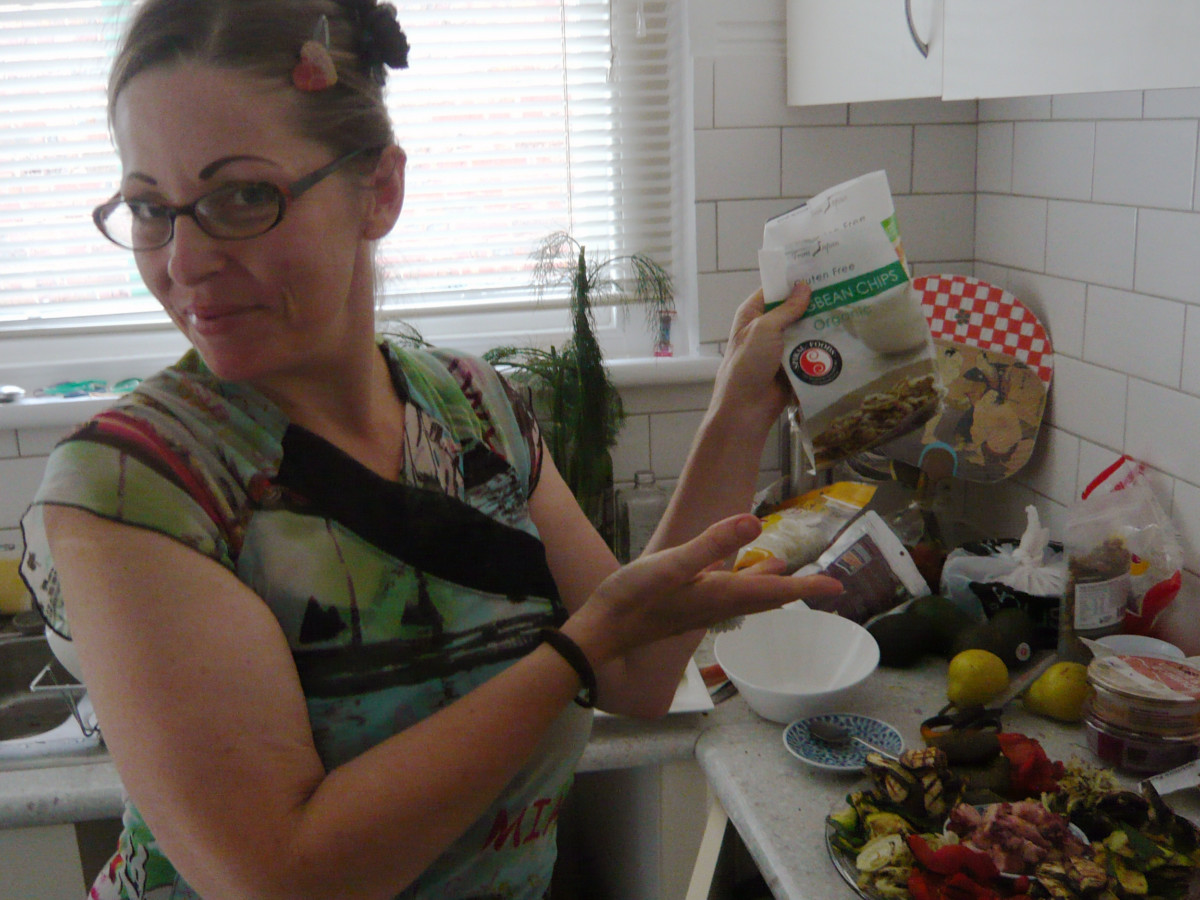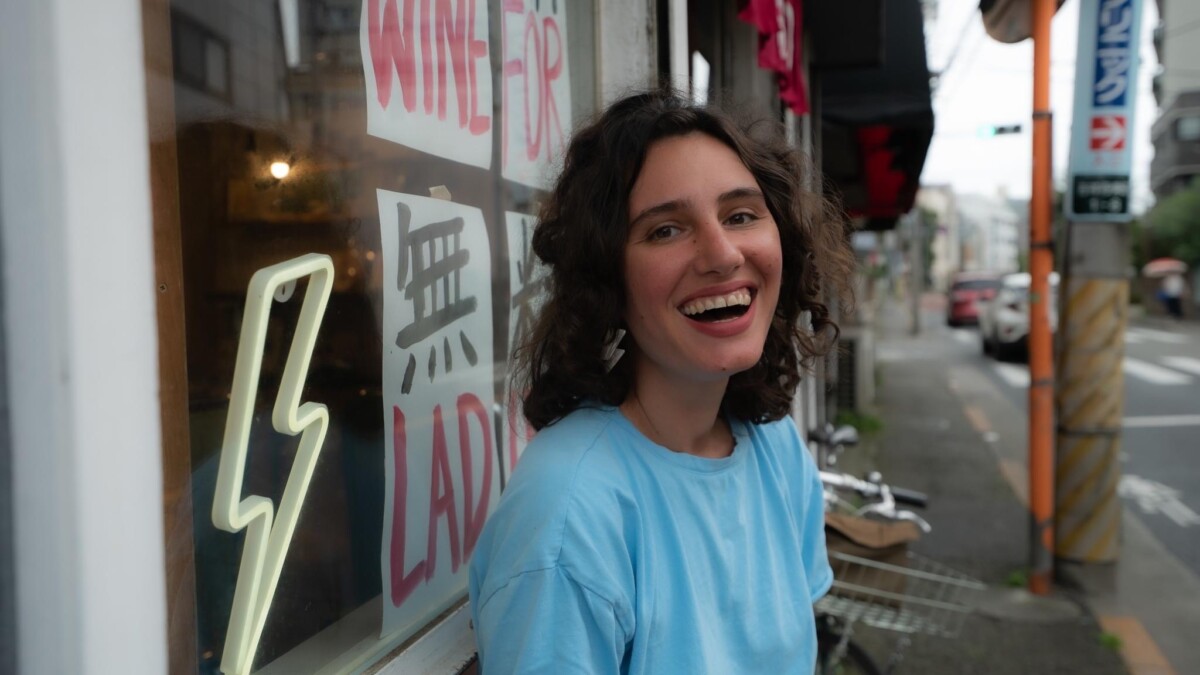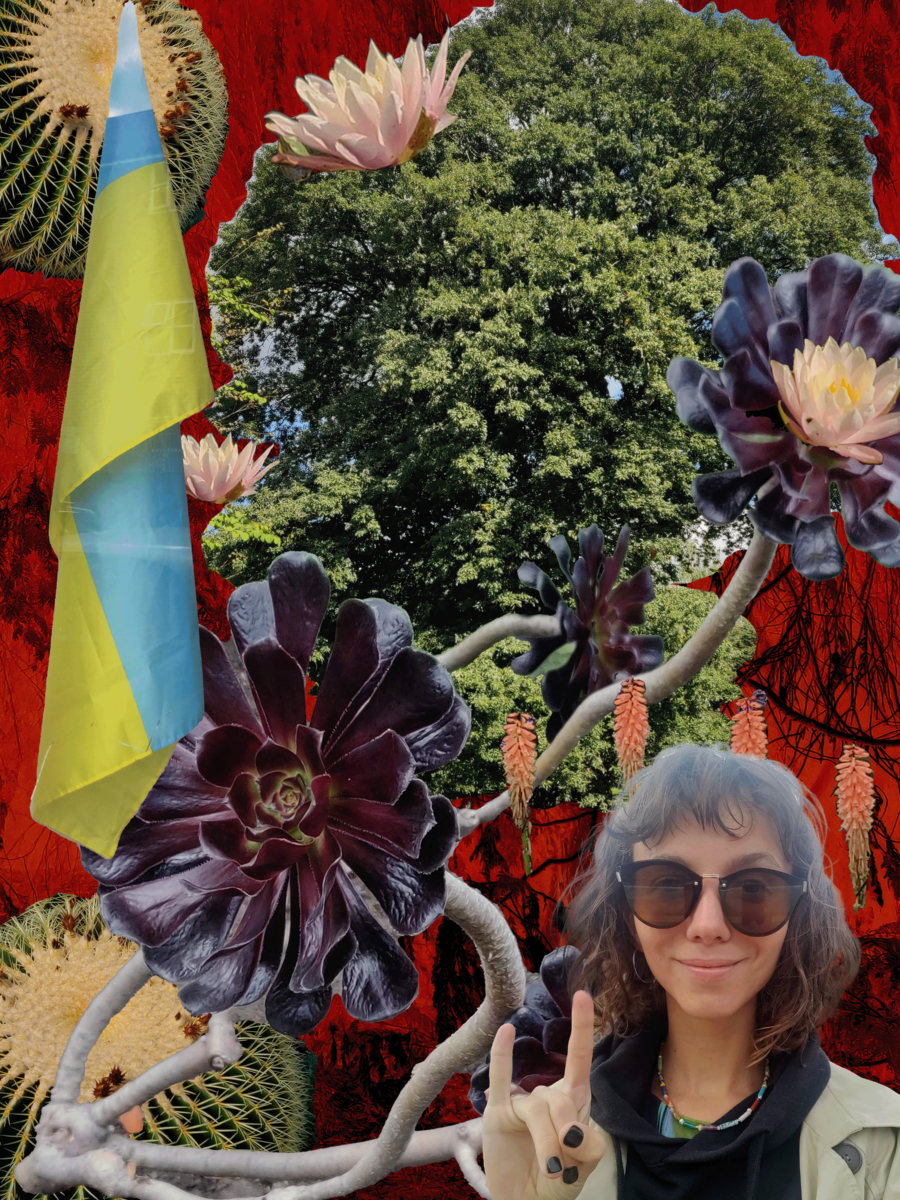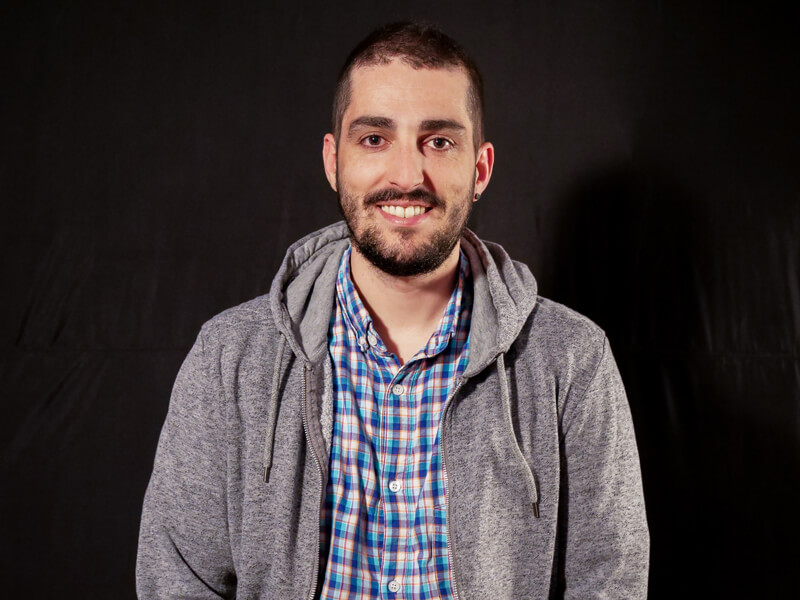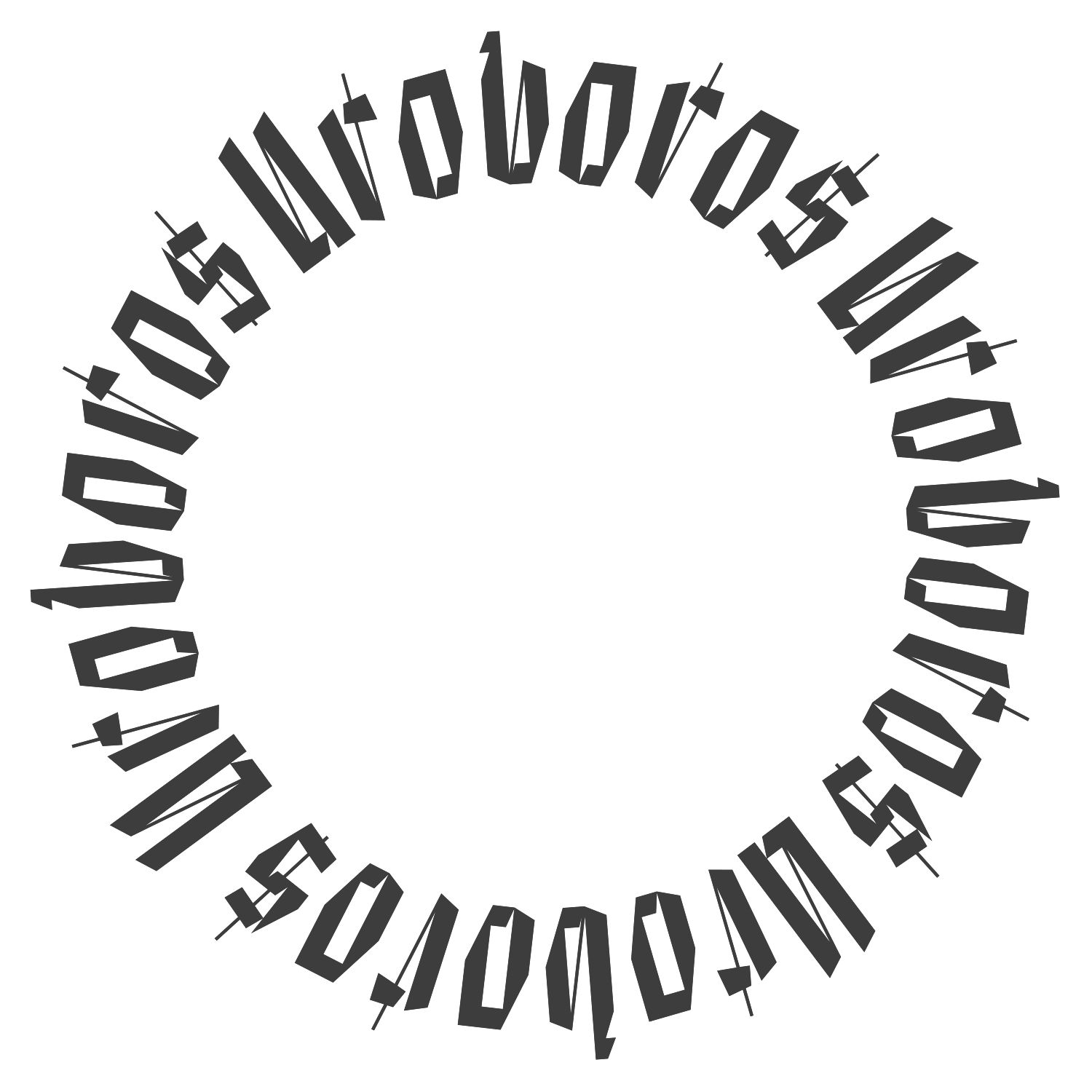
The Feral Gift Exchange
Jakou podobu má globální ekologicko-společenská změna v našich rozmanitých osobních kontextech? Jak vnímáme environmentální, sociální, politické a ekonomické procesy planetárního dosahu v rámci našich každodenních životů? Jak takové procesy mohou vypadat, znít, chutnat, vonět?
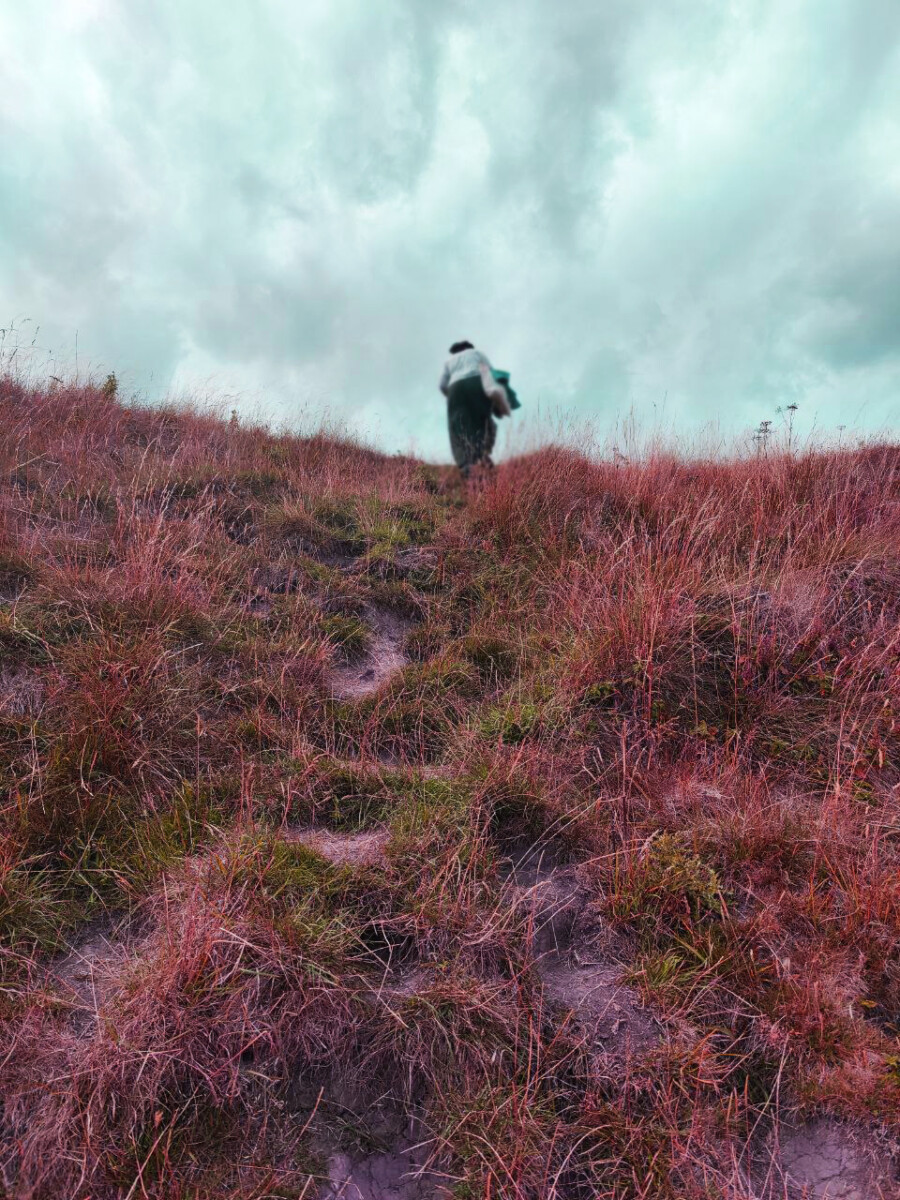
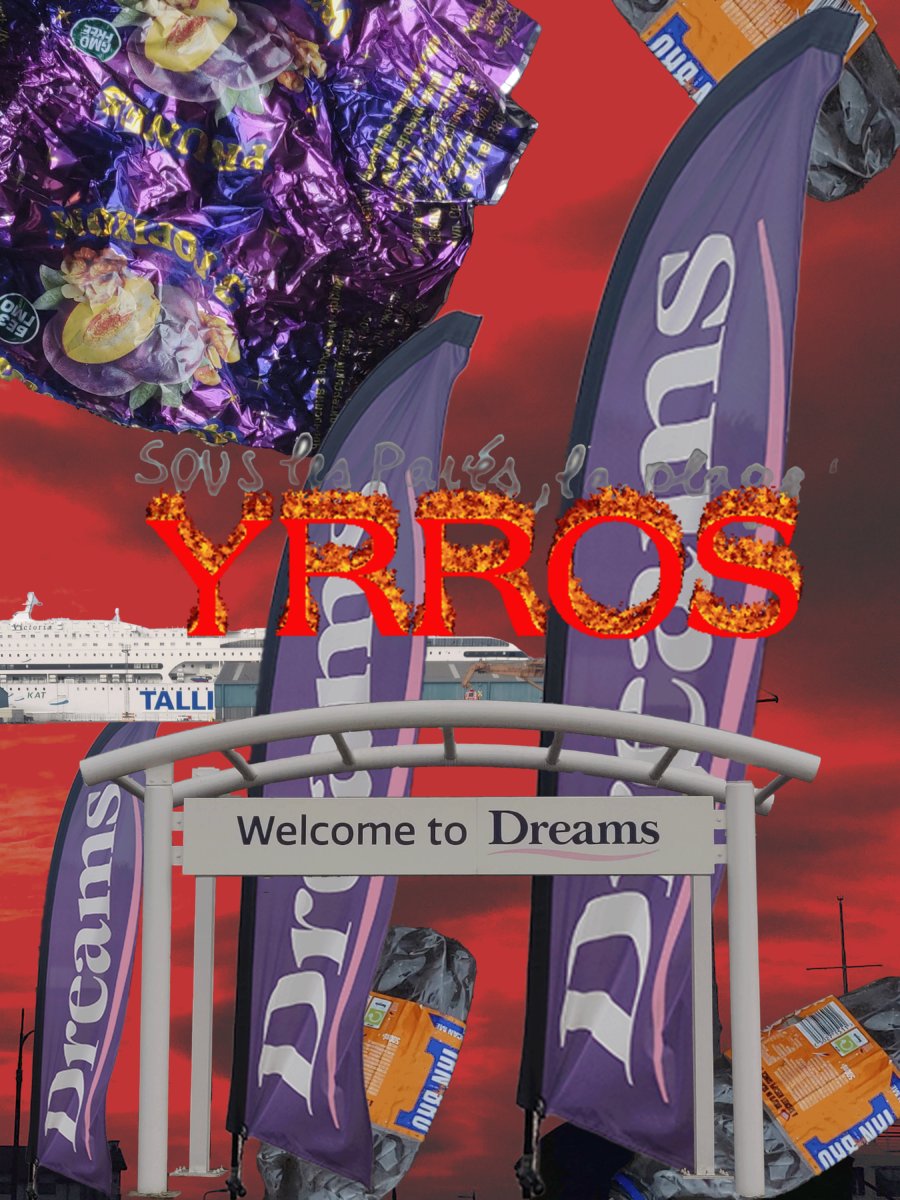
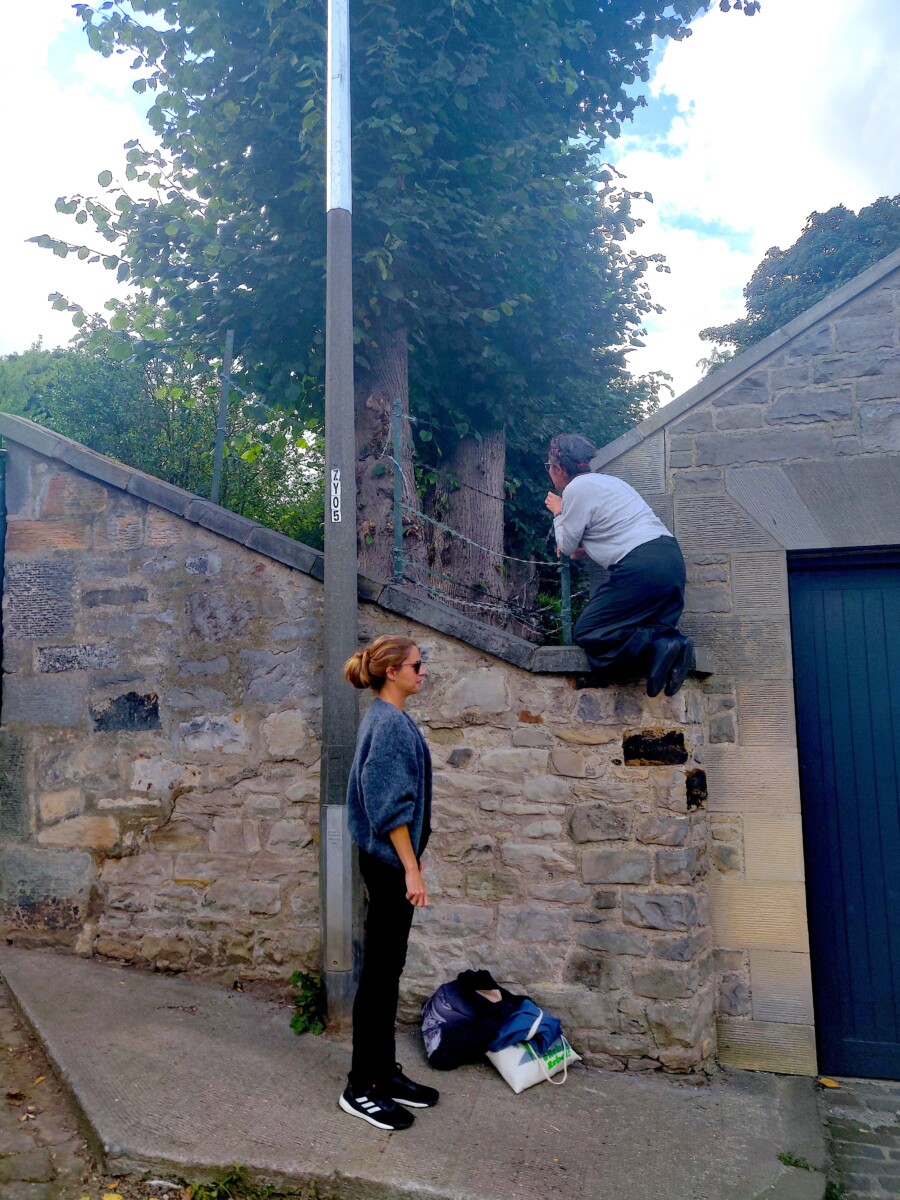
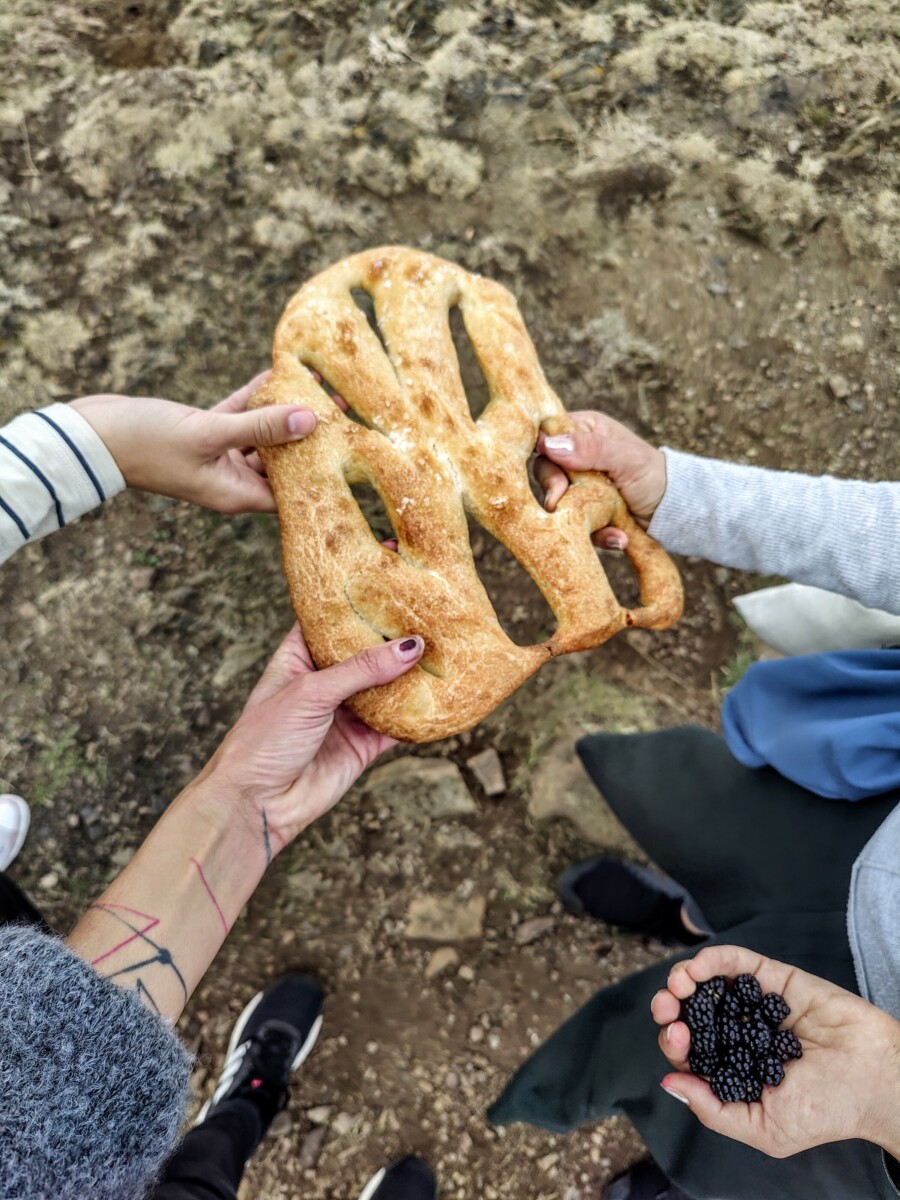
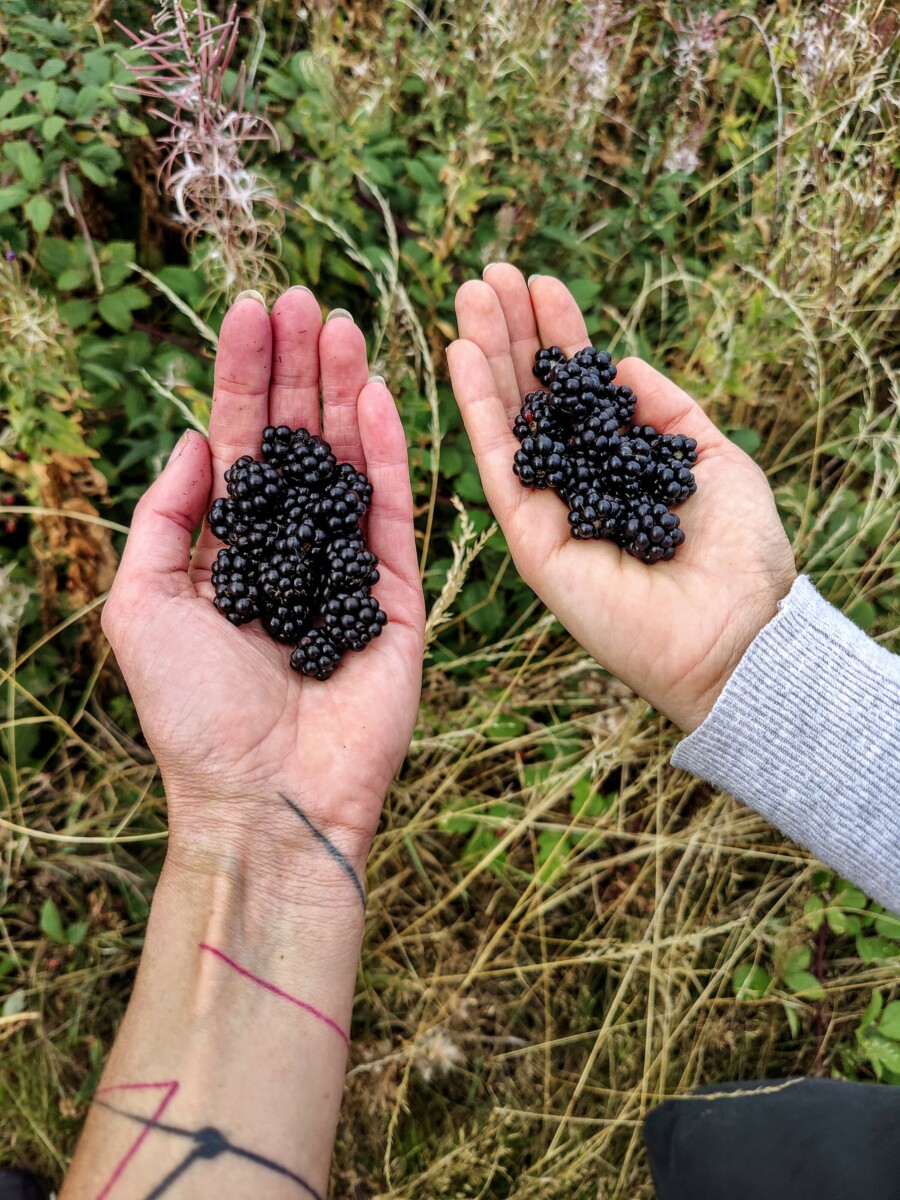
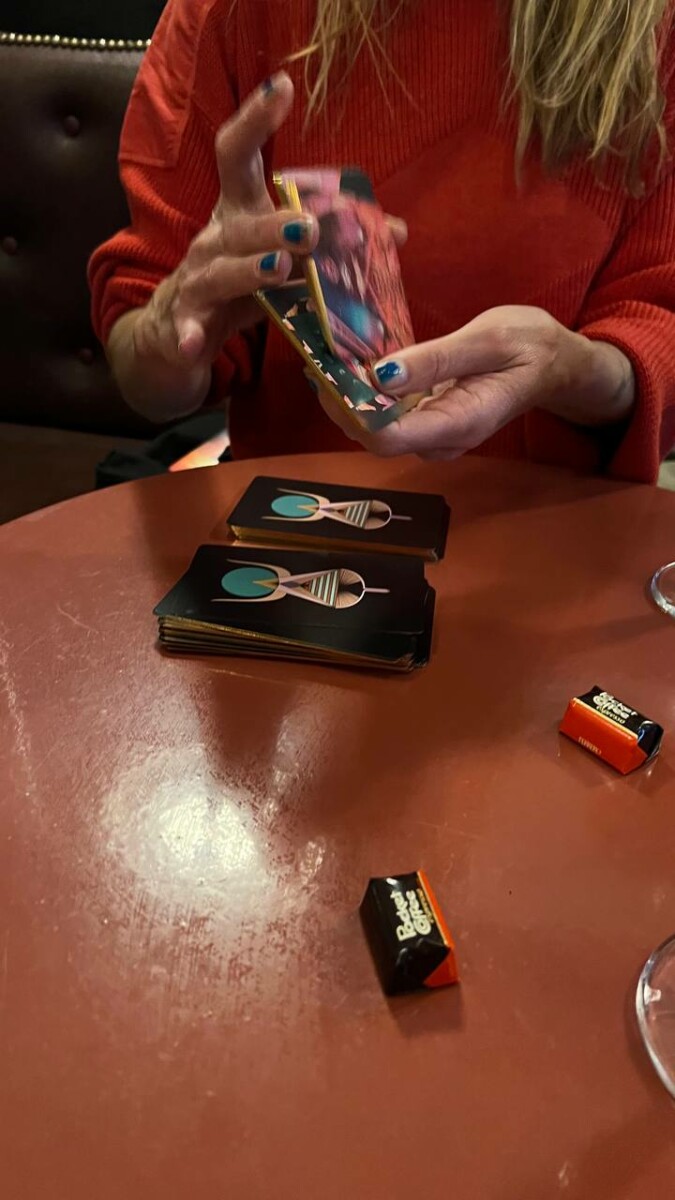
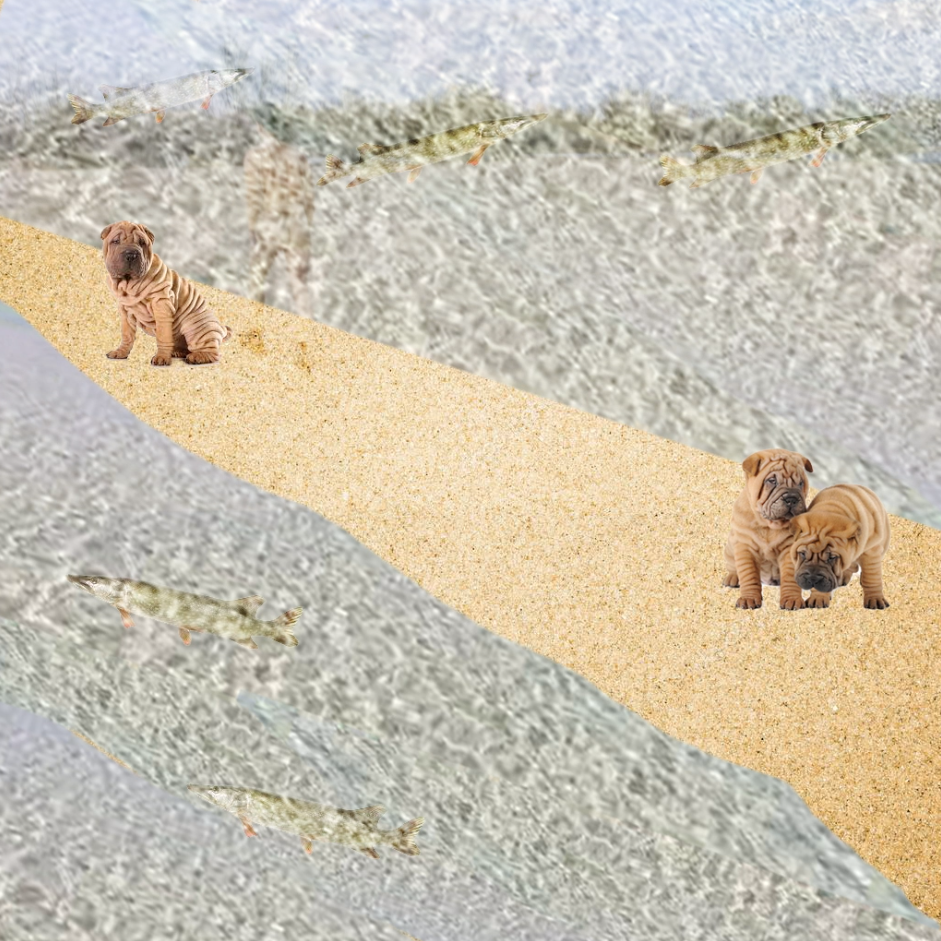
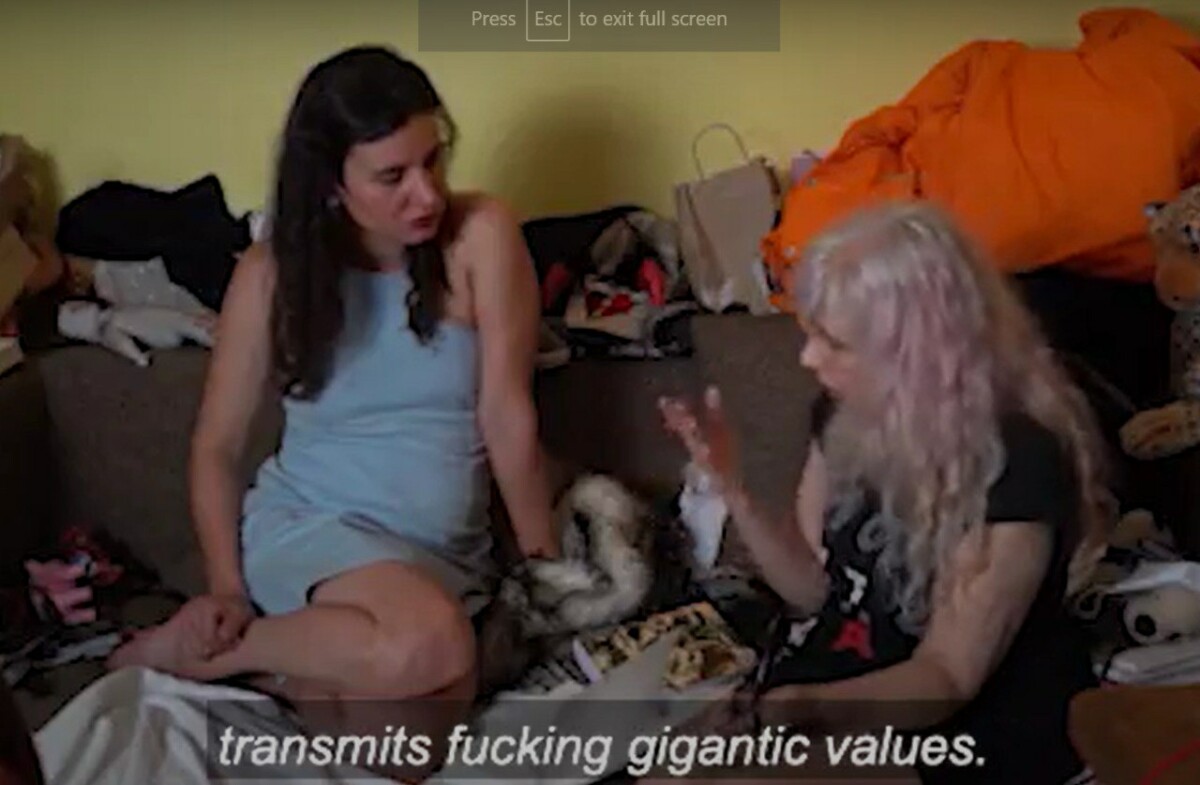
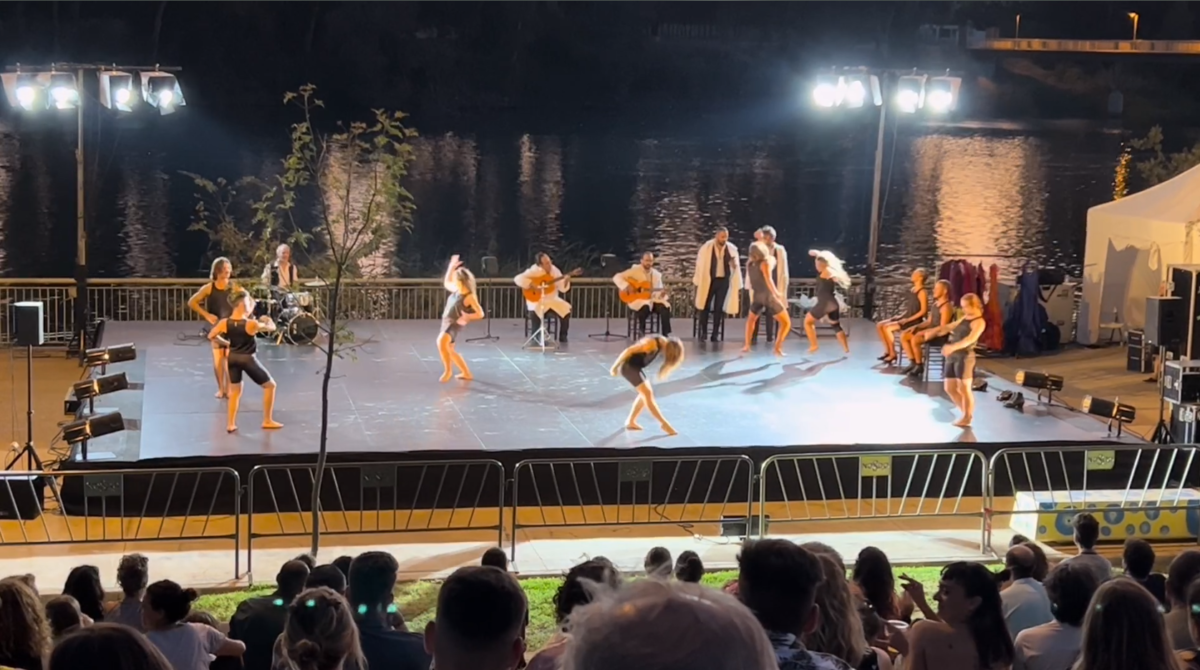
Workshop Feral Gift Exchange festivalové návštěvnice a návštěvníky vyzívá k spolutvůrčímu experimentu se ztělesněnými, sensuálními a intimními podobami planetární eko-společenské změny.
V rámci workshopu představíme výstupy dlouhodobějšího projektu The Feral Gift Loop, v rámci kterého si šest umělkyň*ců, designérek*ů a vědkyň*ců z různých koutů světa vyměňovalo teoretické texty pojednávající o současných planetárních změnách souvisejících s klimatickou krizí.
S cílem zachytit své osobní pocity spjaté s probíhajícími změnami eko-společenského klimatu, pak tyto teoretické myšlenky každá*ý z nich performativně zpodobnil*a v určitém, lokálním a kulturním prostředí: v kuchyni v Helsinkách, v uměleckém ateliéru v Tokiu, v obývacím pokoji v Kolumbii, na lesním palouku ve Švédském městě Umeå, na hoře ve Skotském Edinburghu, na chatě v Čechách, ve výtahu v Newcastlu, v domě v Korejském Soulu, na mořském pobřeží u Sevilly…
Své performativní akce dokumentovaly*i pomocí videa, fotografií, skic, básní, ostružinových koláčů a jiných autorských formátů. Tyto dokumentární výstupy spolu v průběhu šesti týdnů navzájem sdílely*i jako dary, umožňující jim navzájem pochopit, co může něco tak složitého a zároveň abstraktního jako je eko-společenská klimatická změna znamenat v různě situovaných – osobních, intimních, sousedských, kulturních – kontextech. Inspiraci přitom čerpaly*i z tzv. ferálních metod v kreativní tvorbě a výzkumu, a z odkazu experimentálních partitur kulturního hnutí Fluxus.
Na workshopu Feral Gift Exchange se autorky o tyto dary podělí s publikem festivalu Uroboros: promítnou videa, přečtou krátké příběhy a básně, do prostoru vpustí koláč…diskutovat přitom budou o potenciálu ferálních metod, o současném designovém a uměleckém výzkumu, a o roli umění a designu v kontextu plnetární krize. Účastnice a účastníci jsou srdečně zváni, aby se aktivně zapojili, naslouchali a sdíleli, co pro ně eko-společenská klimatická změna znamená, v jejich vlastních osobních, intimních a jinak situovaných kontextech. Workshop chce otevřít neformální prostor pro konverzaci o tom, co může eko-společenská transformace znamenat pro koho, kde a proč.
Experiment Feral Gift iniciovaly Markéta Dolejšová (Česká republika/Finsko) a Danielle Wilde (Austrálie/Švédsko/Dánsko). K životu pak experiment uvedly společně s Iryna Zamuruieva (Ukrajina/Skotsko), Martyna Miller (Polsko), Ann Light (Velká Británie/Švédsko), Felipe G. Gil (Španělsko) & uskupením Open Forest Collective (Jaz Hee-jeong Choi – Jižní Korea/Austrálie, Andrea Botero – Kolumbie/Finsko, Markéta Dolejšová – Česká republika/Finsko).
Connected events:
Markéta Dolejšová
Markéta is a design researcher and curator experimenting with embodied, relational ways of knowing and doing, often in multi-species settings. She currently serves as a postdoctoral research fellow at Aalto University - School of Arts, Design and Architecture (FI), working with the CreaTures project (Creative Practices for Transformational Futures). She has co-founded several art/design research initiatives, including the Open Forest Collective, the Feeding Food Futures network and the Uroboros festival.
Danielle Wilde
Danielle is a professor of Design for Sustainability at Umeå Institute of Design, Umeå University, Sweden, and Associate Professor, Sustainability Transitions, at SDU, Denmark, where she leads research into food system transformation, and coordinate local efforts on the H2020 FUSILLI project. Across both institutions, her research and teaching raise questions around the social, ecological and material sustainability of human action, and the roles that design might play therein. Danielle uses experimental methods to examine how embodied engagement with the materiality of the world can assist people in thinking in new ways; develop new possibilities for future action that can be implemented today; alternative responses to challenges we face, whether these are planetary in scale or concern the nature within us. She uses performative and probiotic methods, participatory and speculative research through design, to open up new ways of thinking, through moving, making and doing. She undertakes pedagogical research, to infrastructure new roles for design in the twenty-first century, including through biodesign and designing with living things. Her work challenges the role of designer as a maker of things: products, cultural artefacts or services, positing that it is, rather, to examine relationships and dependencies, and do as little as possible; leverage participatory and co-creative design methods to help people to infrastructure their own agency, understand what they need to regenerate the world around them, and take action so that humans and non-humans alike might flourish. Much of this work is focused on food and more-than-human health.
Ann Light
Ann Light is a design researcher and interaction theorist, specializing in participatory practice, human-technology relations and collaborative future-making. Her 25-year research career has focused on the politics, ethics and agency of design, and especially co-design in communities, exploring social activism at neighbourhood level, investigating the design of sharing structures and questioning the boundaries of participation. Regarding the social and ecological as inextricably linked, over the last few years she has turned to consider climate collapse and the stress that current systems put on the planet, believing creative remaking of relations is needed for liveable futures and looking at ways that socially engaged art and design can find potential in difficult places and offer visions of fairer worlds. She is currently co-leading research on the European Union project Creative Practices for Transformative Futures (CreaTures).
Jaz Hee-jeong Choi
Jaz Hee-jeong Choi is the Director of the Care-full Design Lab and Vice-Chancellor’s Principal Research Fellow at RMIT, Australia. In her transdisciplinary research and practice, Jaz recognises ‘care’ as the core of transformational encounters in different places – ranging from cities as complex cyberphysical networks to forests as moving creatures. She builds on this to explore, often through creative-critical engagements, how design in varying forms and scale can be done care-fully. Her work is often playful, multisensory, and participatory, and starts from the margins to understand, imagine, and co-create just liveable futures. Currently, she is exploring care-full design across three inter-related domains: self-care and mutual aid in different cultural and more-than-human contexts; creative methods for research and engagement, and; co-creative transformation. Giraffes, what wondrous creatures.
Martyna Miller
Martyna Miller is an interdisciplinary artist, director and anthropologist, studied at the University of Warsaw and University of Performing Arts in Sarajevo, received her doctorate in fine arts at the University of Arts in Poznan. Co-founder of duo Polanki and TYNA collective. Since 2018, she has been co-running the DOMIE project in Poznań, an experimental endeavor on the border of art, architecture and social sciences. In her projects she explores the relationship between memory and body. Through memories and their reconstructions she creates methods to work with the mediality of experience. She is interested in the relationship between nature and community in the processes of healing, production and transformation. Her project are often long term investigations, gathering different groups and perspectives to search for collectively developed knowledges and experience communities. She uses video, performance, sound and more. Her works are often cycles, collections, gestures, fragments of broader explorations.
Iryna Zamuruieva
Iryna Zamuruieva makes images, writes, walks, organises and performs. Originally from the middle of the Ukrainian steppe, Iryna now lives by the North Sea coast in Scotland. Here she works with a sustainability organisation Sniffer on transforming organisations and places to flourish in the future climate. This involves leading climate change adaptation projects (with Adaptation Scotland), researching the role of creative practices in eco-social transformations (with CreaTures) and creating structures for collaborative, care-ful and non-hierarchical decision-making. In her independent practice Iryna explores multispecies relations from pigs and viruses to natures to walking and steppes & ecofeminism. In her recent work she dreams to see the steppe again with Dr. Darya Tsymbalyuk and imagines a dog opera with Dr. Kit Braybrooke.
Andrea Botero
Andrea Botero is a designer and researcher exploring technologies, services and media formats for collectives and communities. Through her research work she investigates how collectives come to understand the design spaces available to them and how designers could support more diverse infrastructuring processes around them. Andrea works as a Professor and Academy of Finland Research Fellow at the School of Arts, Design and Architecture at Aalto University (FI). She is also a conspirator at the design studio Suo&Co and Adjunct Professor at the Universidad de los Andes (COL).
Felipe G. Gil
Felipe works at ZEMOS98, a non-profit organization dedicated to cultural mediation. Felipe currently coordinates Commonspoly: an open source board game that fosters a culture of cooperation. He also coordinates Concomitentes UCIPediátrica, a 4 years project on how arts can help in an Intensive Care Unit for Children in a hospital. He also writes at elDiario.es about Internet culture and digital and socially engaged creativity.
